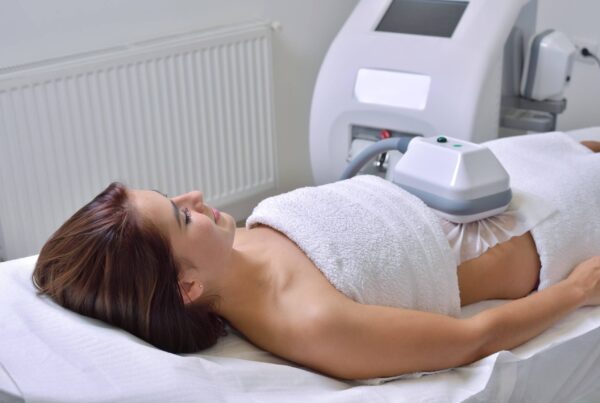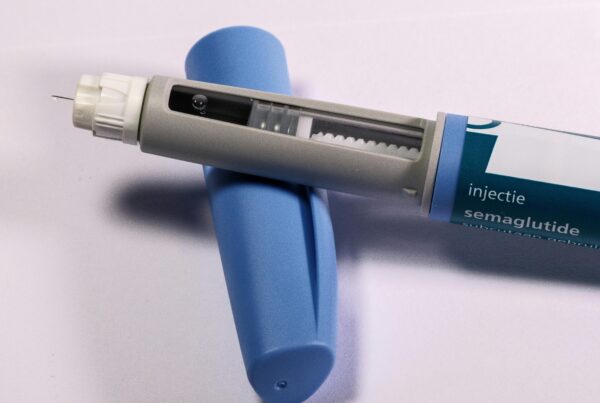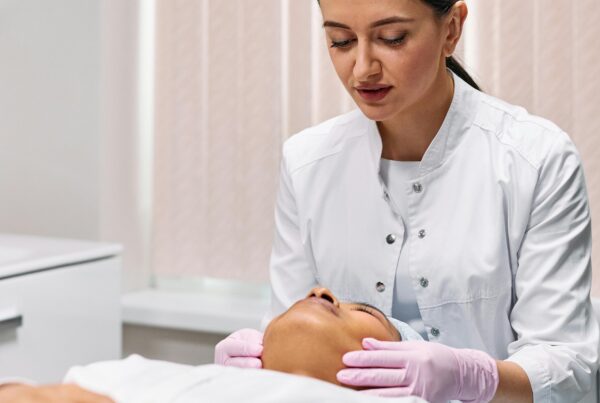Every Med Spa owner knows that compliance is only as strong as the people behind it. One of the most critical questions is: who is legally allowed to perform a Good Faith Exam?
The answer depends on state law, but the principle is the same everywhere: the exam must be conducted by a licensed medical provider who has the authority to evaluate patients and determine if treatment is safe.
Why Provider Qualifications Matter
The Good Faith Exam is not a consultation. It is a medical evaluation. That means it cannot be delegated to front desk staff, unlicensed medical assistants, or aestheticians. Allowing unqualified staff to perform Good Faith Exams can put your Med Spa out of compliance instantly.
Typical Provider Roles
| Provider Type | Can They Perform a Good Faith Exam? | Notes |
| Physicians (MD/DO) | Yes | Universally authorized to perform Good Faith Exams across all states |
| Nurse Practitioners (NPs) | Yes (state-dependent) | In many states NPs may perform exams independently, while in others they must be under physician supervision |
| Physician Assistants (PAs) | Yes (state-dependent) | Scope varies. Often permitted under a supervising physician’s delegation agreement |
| Registered Nurses (RNs) | No | Can assist with intake but cannot independently perform or document Good Faith Exams |
| Medical Assistants / Aestheticians | No | Not licensed to assess or approve medical treatments |
Delegation and Oversight
Physicians may delegate Good Faith Exams to NPs or PAs, as long as delegation is written and consistent with state regulations. As the Med Spa owner, you are responsible for knowing the rules in your state and ensuring your team is operating within scope.
(See also: Why is a Good Faith Exam required in Med Spas?)
Virtual Good Faith Exams
Good Faith Exams do not have to be in person. Many states allow them to be performed virtually via telehealth. In these cases, the same rules apply: only licensed providers with authority under state law may conduct them.
Virtual Good Faith Exams make compliance more efficient without lowering standards. Patients connect with a provider in minutes, and documentation is securely stored in your Med Spa’s client portal.
(Explore: Is the Good Faith Exam done in person or virtually?)
Common Mistakes to Avoid
- Allowing non-licensed staff to fill in when providers are unavailable
- Failing to document which licensed provider performed the exam
- Assuming rules are the same across states instead of checking local laws
- Delegating exams without a written delegation or supervisory agreement
FAQs About Who Can Perform Good Faith Exams
How do telemedicine laws vary for Good Faith Exams in different states?
Some states fully allow virtual Good Faith Exams, while others require in-person visits or specific supervision rules. Med Spa owners should always confirm state-by-state regulations before offering telehealth exams.
What qualifications are required for professionals performing Good Faith Exams?
Physicians are licensed to complete Good Faith Exams. Nurse practitioners and physician assistants are often permitted depending on state law and supervision requirements. Registered nurses, medical assistants, and aestheticians cannot perform them.
What are the key components of a compliant Good Faith Exam?
The provider must review the patient’s health history, medications, allergies, prior procedures, assess risks related to the requested treatment, and document findings. Documentation is a required component.
How often should a Good Faith Exam be repeated for ongoing treatments?
Typically once a year, or sooner if a patient begins a new treatment type or their health status changes. Each renewal must be documented as a new Good Faith Exam.
What are the legal risks if a Good Faith Exam is not properly documented?
Failure to document can expose clinics to audits, fines, loss of licensure, and liability if an adverse event occurs. Without documentation, there is no legal proof that the exam was performed.
Final Takeaway
Only licensed medical providers such as physicians, nurse practitioners, and physician assistants are legally allowed to perform Good Faith Exams, with rules varying by state. Registered nurses, aestheticians, and medical assistants cannot.
For Med Spa owners, the safest approach is to confirm your state’s requirements, establish clear delegation agreements where necessary, and ensure documentation is always complete.
At Spakinect, our team of licensed, compliance-trained providers is available on demand. Patients connect in minutes, exams are completed thoroughly, and all documentation is stored securely in our client portal and integrated with your EMR. That means you stay compliant without slowing down your business.






